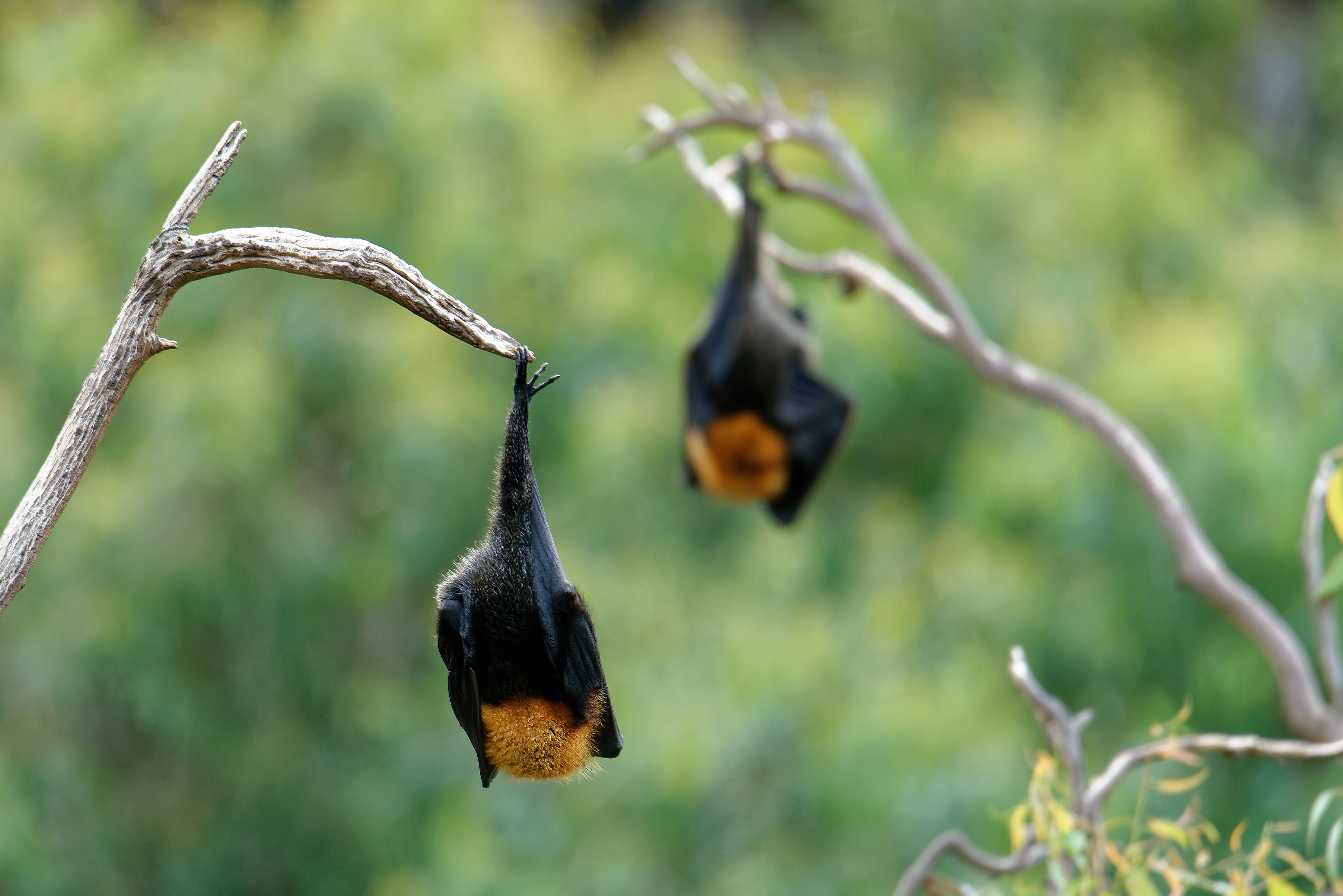Six persons admitted to a quarantine facility at the Government Medical College in Kerala's Ernakulam have tested negative for the Nipah virus, a senior health ministry official said on Thursday.
”The blood and serum samples of all six suspected patients have tested negative for Nipah virus infection,” the official said.
The condition of the 23-year-old college student, who was diagnosed with the Nipah infection, is stable. A total of 314 people who were in touch with the infected person are under observation, the official said.
The Union health ministry has deployed a six-member team comprising an epidemiologist to conduct contact tracing for early detection of suspect cases and review of isolation facilities.
Union health minister Harsh Vardhan, who reviewed the public health measures in Kerala on Wednesday, said the situation is under control and people need not panic.
According to the WHO, the Nipah virus is a newly emerging disease that can be transmitted from its reservoir (natural wildlife host), the flying foxes (fruit bats), to both animals and humans.
Symptoms range from asymptomatic infection, acute respiratory infection and encephalitis.
Infected people initially develop influenza-like symptoms of fever, headache, vomiting and sore throat. This can be followed by dizziness, drowsiness, altered consciousness, and neurological signs that indicate acute encephalitis.












